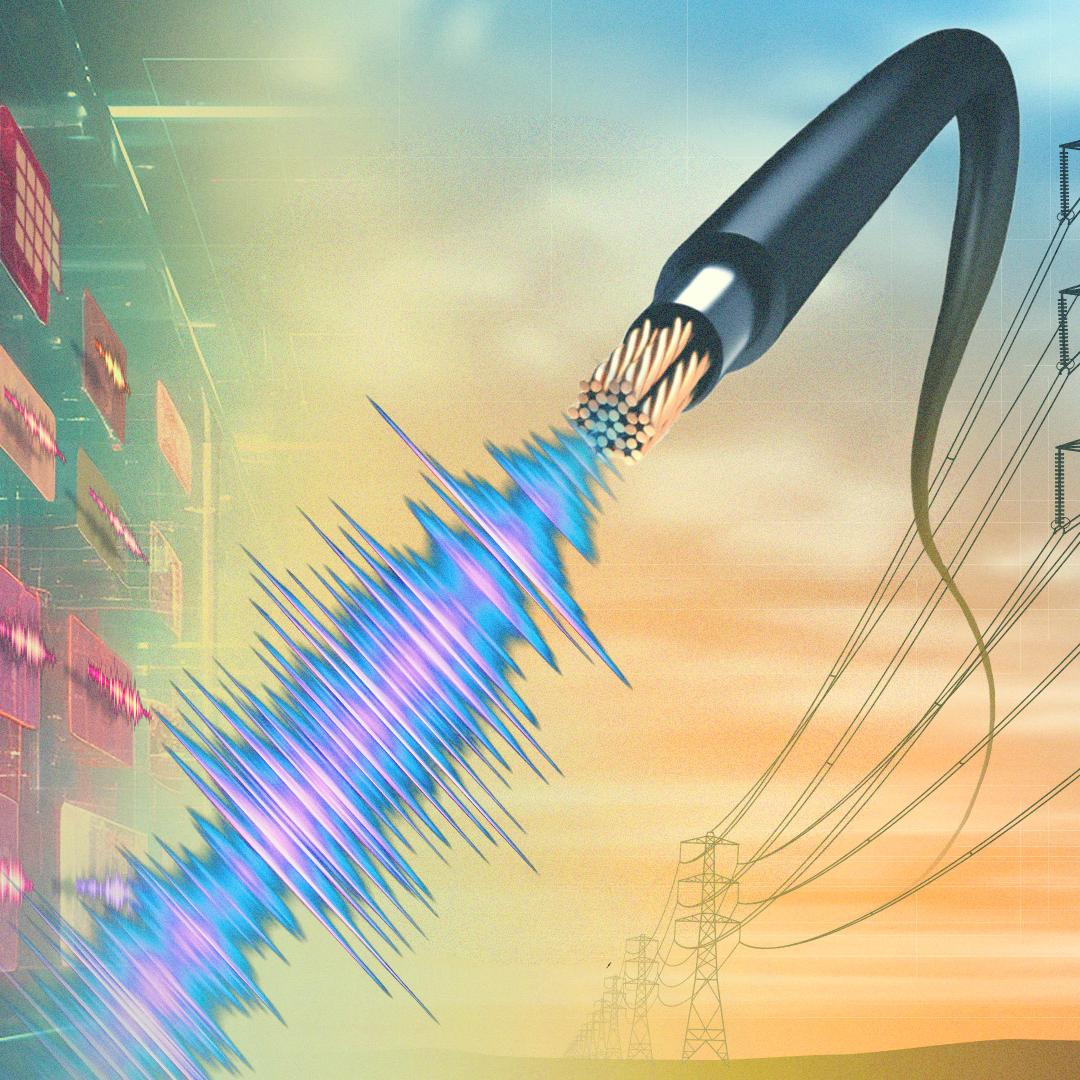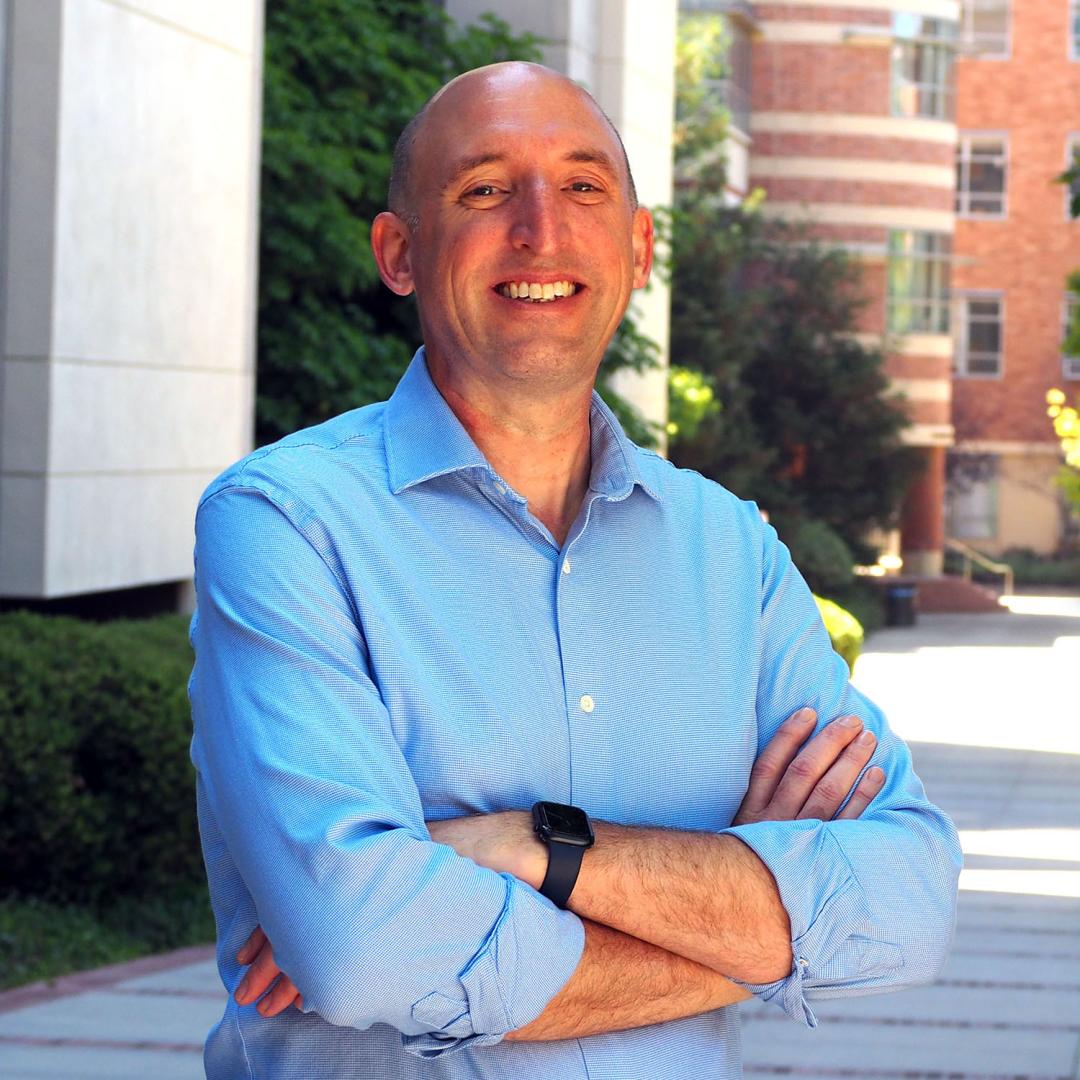
Filter News
Area of Research
- (-) National Security (42)
- (-) Supercomputing (59)
- Advanced Manufacturing (1)
- Biological Systems (1)
- Biology and Environment (31)
- Clean Energy (29)
- Computational Biology (2)
- Computational Engineering (1)
- Fuel Cycle Science and Technology (1)
- Fusion and Fission (9)
- Fusion Energy (8)
- Isotopes (7)
- Materials (19)
- Materials for Computing (7)
- Neutron Science (19)
- Nuclear Science and Technology (16)
- Nuclear Systems Modeling, Simulation and Validation (1)
- Sensors and Controls (1)
News Type
News Topics
- (-) Advanced Reactors (2)
- (-) Biomedical (16)
- (-) Coronavirus (16)
- (-) Frontier (26)
- (-) Molten Salt (1)
- (-) National Security (34)
- (-) Security (14)
- 3-D Printing/Advanced Manufacturing (7)
- Artificial Intelligence (43)
- Big Data (21)
- Bioenergy (11)
- Biology (14)
- Biotechnology (3)
- Buildings (3)
- Chemical Sciences (5)
- Climate Change (20)
- Computer Science (101)
- Critical Materials (3)
- Cybersecurity (22)
- Decarbonization (5)
- Energy Storage (8)
- Environment (24)
- Exascale Computing (20)
- Fusion (2)
- Grid (10)
- High-Performance Computing (36)
- Isotopes (1)
- Machine Learning (22)
- Materials (14)
- Materials Science (16)
- Mathematics (1)
- Microscopy (7)
- Nanotechnology (11)
- Net Zero (1)
- Neutron Science (15)
- Nuclear Energy (7)
- Partnerships (4)
- Physics (8)
- Polymers (2)
- Quantum Computing (19)
- Quantum Science (24)
- Simulation (12)
- Software (1)
- Space Exploration (3)
- Summit (41)
- Sustainable Energy (11)
- Transportation (8)
Media Contacts
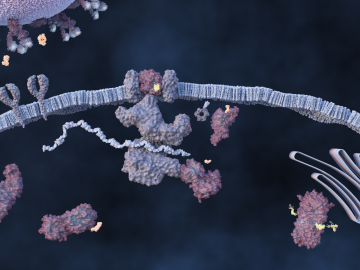
An ORNL-led team comprising researchers from multiple DOE national laboratories is using artificial intelligence and computational screening techniques – in combination with experimental validation – to identify and design five promising drug therapy approaches to target the SARS-CoV-2 virus.
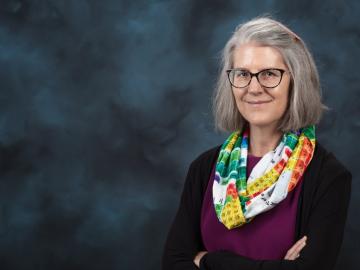
Deborah Frincke, one of the nation’s preeminent computer scientists and cybersecurity experts, serves as associate laboratory director of ORNL’s National Security Science Directorate. Credit: Carlos Jones/ORNL, U.S. Dept. of Energy

The U.S. Department of Energy’s Innovative and Novel Computational Impact on Theory and Experiment, or INCITE, program is seeking proposals for high-impact, computationally intensive research campaigns in a broad array of science, engineering and computer science domains.
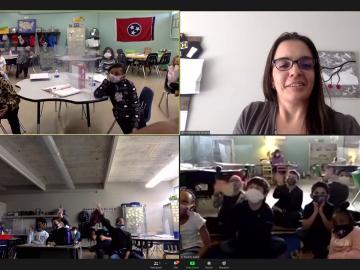
Twenty-seven ORNL researchers Zoomed into 11 middle schools across Tennessee during the annual Engineers Week in February. East Tennessee schools throughout Oak Ridge and Roane, Sevier, Blount and Loudon counties participated, with three West Tennessee schools joining in.
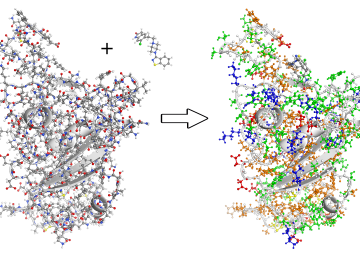
To better understand the spread of SARS-CoV-2, the virus that causes COVID-19, Oak Ridge National Laboratory researchers have harnessed the power of supercomputers to accurately model the spike protein that binds the novel coronavirus to a human cell receptor.
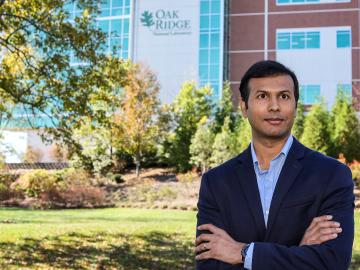
As Hurricane Dorian raged through the Bahamas, researchers at Oak Ridge National Laboratory worked around the clock to aid recovery efforts for one of the Caribbean’s worst storms ever.

Six scientists at the Department of Energy’s Oak Ridge National Laboratory were named Battelle Distinguished Inventors, in recognition of obtaining 14 or more patents during their careers at the lab.
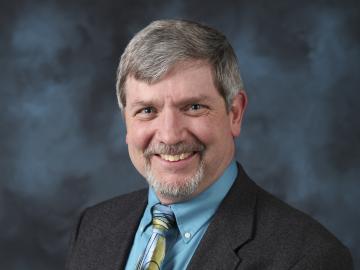
Jeff Johnson, nonproliferation research and development integration manager for ORNL’s National Security Sciences Directorate, has been honored by the American Nuclear Society
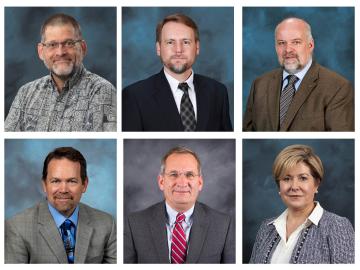
Six ORNL scientists have been elected as fellows to the American Association for the Advancement of Science, or AAAS.
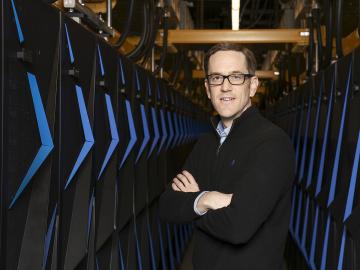
The annual Director's Awards recognized four individuals and teams including awards for leadership in quantum simulation development and application on high-performance computing platforms, and revolutionary advancements in the area of microbial


